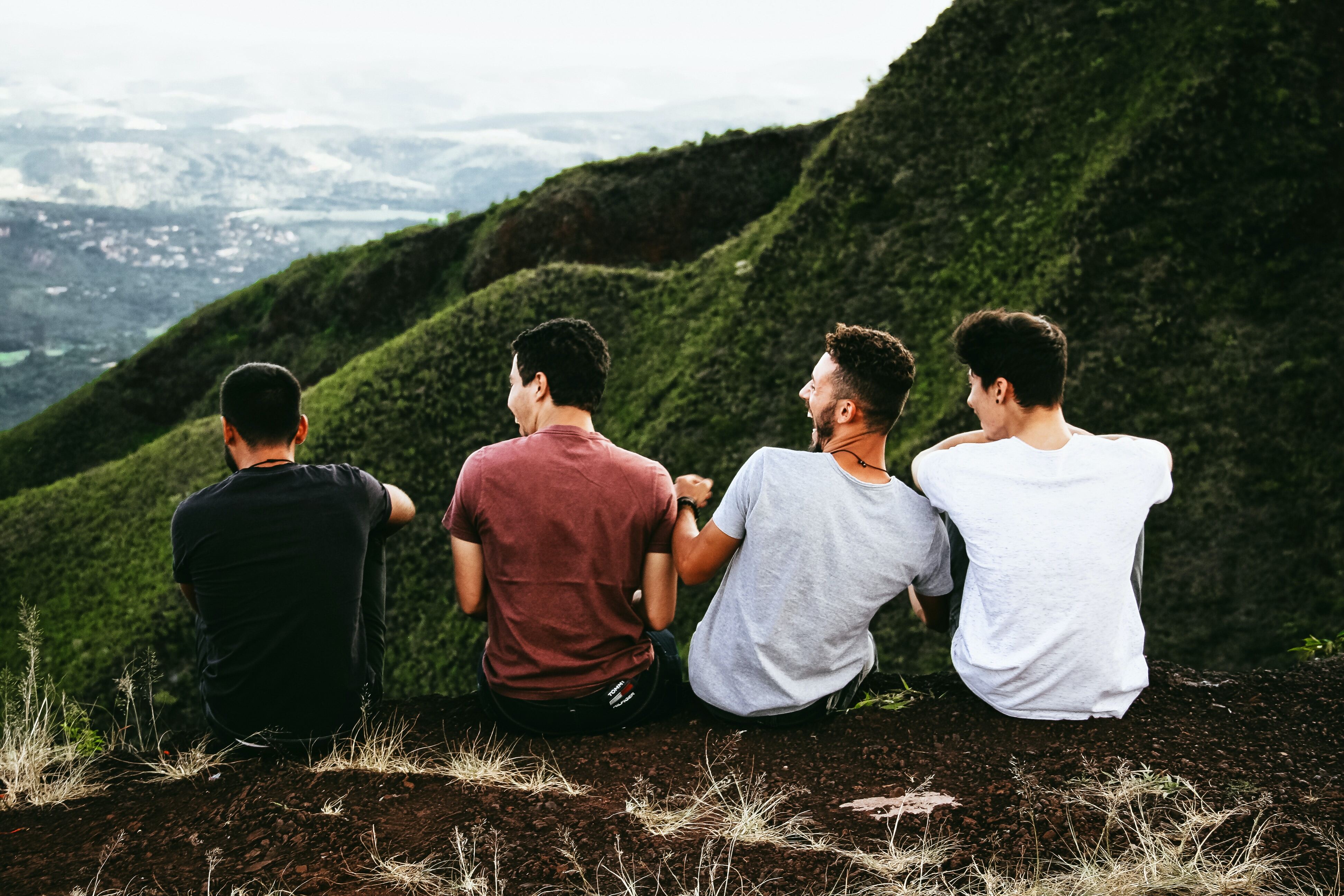Maaate…why are you so angry?
Before we get into the weeds of the Mayor of London’s ‘Maaate’ campaign, designed to empower men to fight against misogyny, let's start by stating the obvious: violence against women and girls is a very serious issue that must be tackled with urgency.
This is supported by UK National Statistics, which show that almost 25% of women aged 18-75 have experienced some kind of abuse before the age of 16. The UN Women's Gender Equality Attitudes Study across 20 countries shows a clear regression in the attitudes of young men towards gender equality, which has been proven to be linked with violence against women.
Therefore, any governmental activities aimed at confronting this issue should be praised and welcomed – the fact we are even debating whether the campaign is good/bad/effective/missing the mark means there is increased focus on this very important issue.
“Maaate” should be the beginning of the conversation not the end
Men are a fundamental part of the problem in gender-based violence, so naturally they are a fundamental part of the solution. The discussion must be about "how.” The "Maaate" campaign focuses on encouraging young men to call out their friends for misbehaviours - this is good. However, as important as it is to call out mates, it is also important to call them in.
From the way the campaign is presented, "Maaate" appears to be a judgmental expression used to point out what is considered to be a misogynistic comment. This could be effective in stopping a friend from making such comments in front of other friends, but it might not change the underlying feelings that these men have about women.
Moreover, it does not encourage young men to be better at something many struggle to do: engaging in deeper conversations.
What this campaign misses is a great opportunity to establish "Mate" (maybe not "maaate") as the beginning of the interruption, followed by a genuine question like "What is going on?" or "Why are you so angry?".
This approach would call for reflection, supported by friends, which can be more effective in changing the beliefs that support misogynistic behaviours. I believe we are selling men short; we can do more than just censor.
This could be phase two. We’re still at the start of a bigger conversation, but an idea could be this developing and being complemented through launching supporting groups or governmental online services for men who struggle with anger, frustration, or depression. Such support could be more effective in providing proper solutions to violent behaviours by addressing the root issues, rather than merely focusing on suppressing symptoms.
How can we help as communicators?
For many years now, the discussion around masculinity has been framed negatively, using terms like "toxic masculinity" that can be interpreted by many as suggesting that there is something fundamentally wrong with being a man. This social statement, often driven by the media, has left many men confused about what it means to be a man today and put them in a defensive space.
This isn’t simply my opinion. We’ve done extensive research that offered us this understanding. In our recent report, ‘The Price of Success’, compiled in partnership with The Unstereotype Alliance, Getty Images and men’s charity Equimundo, we found that almost two thirds of millennial men, both in the UK and the US, believe that advertising and the media make them feel worse about themselves. These findings show how brand communications add to the frustration and pressure many men feel.
One of the reasons we set up New Macho, a specialist division of BBD Perfect Storm focusing on men, is because we’ve seen for many years now that men are moving towards a tipping point. Our report proved that there is a mismatch between how men feel about success and how society represents it. Our private ideas of success are in conflict with the public idea of it that we see around us. This mismatch is making men feel worse about themselves and it plays out in destructive behaviours.
Therefore, it shouldn't be a surprise that we are seeing worrying ‘manospheres’ growing across social media platforms, as men seek new arenas to form identities within.
Of course, I'm not justifying this. I am convinced that we can do a lot to mitigate violence by portraying masculinity and manhood in a more positive way. Brands and advertisers have a big role to play. This campaign is positive – but it’s a starting point that must have ongoing development.
A future without gender-based violence is a must. It is imperative that we prioritise the needs of women and girls, attending to their immediate safety requirements. However, to eradicate this issue for good, we must also address the cultural pressures of masculinity. Otherwise, the incipient regression towards inequality and violence against women might only spiral further.
Image credit: Matheus Ferrero
